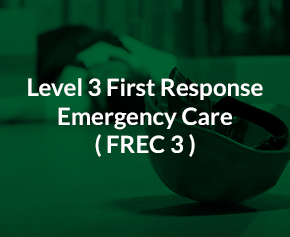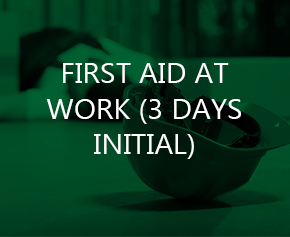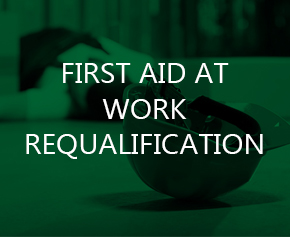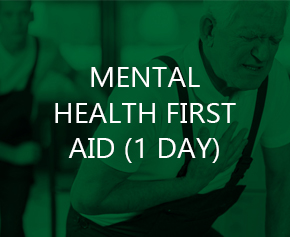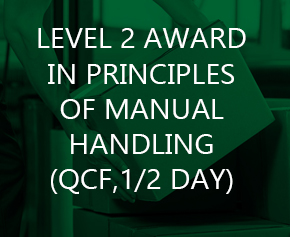First Response Emergency Care – FREC 3
This regulated and nationally recognised prehospital care qualification is ideal for those seeking a career in the emergency services, ambulance service, the event and security medical sector or those who work in high risk workplaces.
Over a 5 day period, learners will gain the knowledge, skills and competencies needed to deal with a range
of prehospital care emergencies, such as: managing a patient’s airway, catastrophic bleeding, management of fractures, medical emergencies and more.
Endorsed by The Faculty of Pre-Hospital Care – The Royal College of Surgeons of Edinburgh, and fulfilling the competencies set out in the PHEM skills framework at descriptor level D, this fantastic qualification is perfect for a range of roles in emergency care, such as: Event Medical Responder, Emergency Care Support Worker and more.
What’s more, the QA Level 3 Certificate in First Response Emergency Care (RQF) also forms part of a progressive suite of prehospital care qualifications that lead to the QA Level 6 Diploma in Paramedic Practice (RQF).
Next Course Date – Monday the 23rd – Friday the 27th of October 2023
Course times – 9:30am – 16:30pm
Pre-requisites –
There are no other formal entry requirements but to benefit from the learning we advise that Learners have a minimum of Level 2 in literacy or equivalent and a basic understanding of first aid
This course covers the following –
• Roles and responsibilities of a first responder • Medical emergencies
• Patient assessment
• Airway management
• Adult, Child and Infant CPR and AED Usage
• Return of spontaneous circulation (ROSC) Procedures • Emergency oxygen
• Traumatic Injuries
• Catastrophic bleeding
• Shock
• Poisoning and intoxicating substances
• External and internal bleeding
• Helmet removal
• Neck, spine and pelvic Immobilisation
• Environmental exposure
• Burns and scalds • Minor injuries
• Incident reporting

